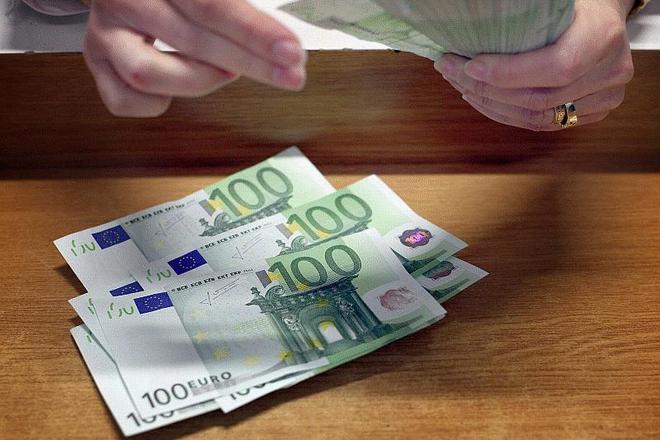RECEIVING cash in plastic bags or not revealing the names of contributors might become a thing of the past in Slovakia after eight parties across the political spectrum signed a pledge to change various ways in which they operate within a year from the March elections. Transparency International Slovakia (TIS), the Institute for Economic and Social Reforms (INEKO) and the Slovak Governance Institute (SGI) asked ten major political parties to agree to the pledge in early February. The NGOs proposed seven specific measures in the pledge, six of which they said are recommendations from the Council of Europe.
“The financing of political parties is the weak point of Slovak politics,” the three NGOs stated in a news release, noting that nearly all of the country’s major parties have been suspected of improperly financing their activities in one way or another.
The NGOs hope the measures in the pledge will be drafted into legislation that will be passed by the next parliament. One measure is to establish an independent body that will be responsible for examining the financial accounts of the political parties. Gabriel Šípoš of TIS told the SITA newswire that the current process in which “politicians check each other” is nothing but a formality.
“The parties receive 98 percent of their money from the state,” Šípoš added, as quoted by SITA, noting that this reliance on state resources is extremely high and that the parties “do not have any motivation to look for private sources and if they have them, they do not reveal them”. The TASR newswire wrote that the pledge also includes a rule that the amount of state contributions to a party cannot be higher than the total resources a party receives from contributors.
Šípoš added that another measure calls for stricter rules concerning politicians’ property declarations and that these should apply to elected officials at all levels, including municipalities, and require disclosure of all income and expenses as part of the property declaration. The independent body proposed by the NGOs would have the right to check the information in the property declarations in the central register. The pledge also includes a proposal that if a political party violates the rules on party financing, the fines will be considerably higher than they are now, SITA wrote.
The pledge was signed by the four parties of the outgoing government, the Slovak Democratic and Christian Union (SDKÚ), the Christian Democratic Movement (KDH), Freedom and Solidarity (SaS) and Most-Híd and opposition Smer party, as well as three parties not currently represented in parliament: Ordinary People and Independent Personalities (OĽaNO), 99 Percent – Civic Voice and the Hungarian Coalition Party (SMK). The Movement for a Democratic Slovakia (HZDS) defended its decision not to sign the pledge by asserting that the document contained “technical problems”, while the Slovak National Party (SNS) stated that it did not view the organisers of the initiative as trustworthy, TASR wrote.
The three NGOs declared their intention to monitor whether the parties fulfil their promises to transform the measures into legislation.
“We want the media as well as civil society to join us in the demand,” stated Peter Goliáš from INEKO, as quoted by TASR.


 NGOs seek legislative changes on party financing. (source: SME)
NGOs seek legislative changes on party financing. (source: SME)